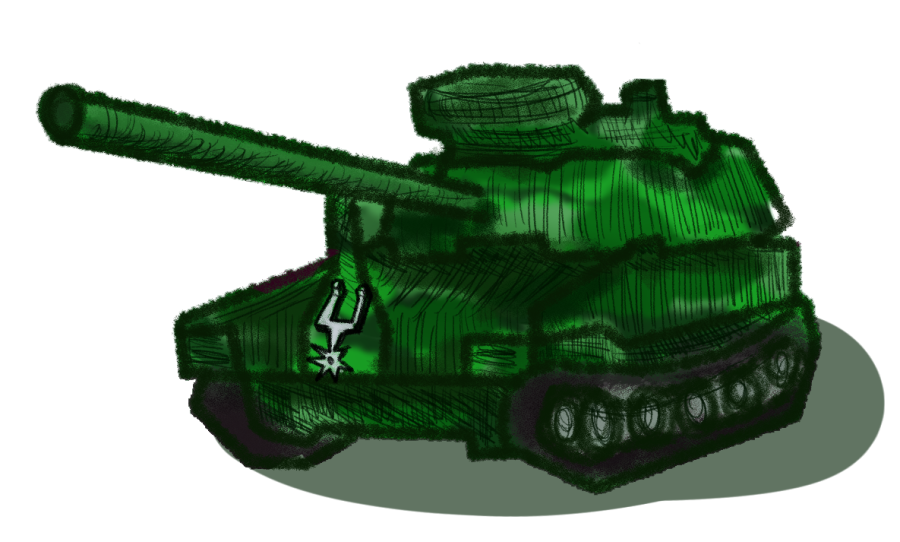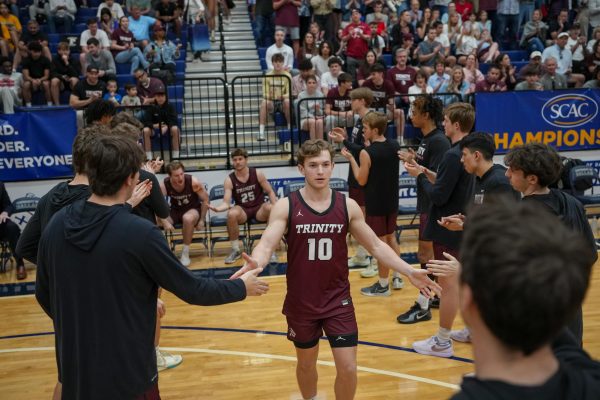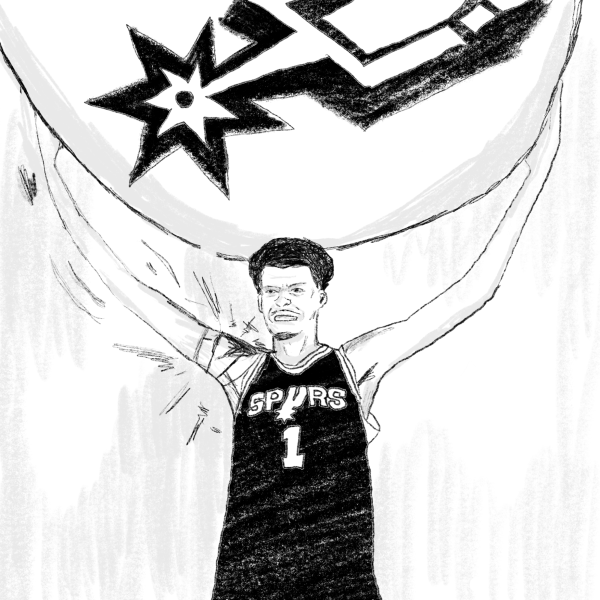The Spurs, SAFC and the problem with U.S. sports
How U.S. professional sports teams could learn from international relegation systems
San Antonio has a rich and successful history in professional sports, but the past year has been frustrating for many local lifelong fans such as myself. This frustration stems primarily from to the San Antonio Spurs, who have departed from their winning ways to hold a bottom-five record in the league this year.
Their cellar-dwelling can be partially attributed to bad luck, as many players who were meant to be the future of the team, such as Kawhi Leonard and Dejounte Murray, left for various reasons. Still, when you see Keita Bates-Diop getting only 18.5 minutes per game and Danilo Gallinari getting waived in the offseason, it seems like the Spurs are deliberately tanking to get a high pick in the 2023 draft.
The frustration doesn’t end there, though. In 2016, after being snubbed for a Major League Soccer (MLS) club, Spurs Sports and Entertainment (SS&E) introduced San Antonio FC to the United Soccer League Championship (USLC), the league below the MLS.
The city got behind San Antonio FC fairly quickly, and the investment paid dividends, as SAFC finished the 2022 season with the best record in the USLC and went on to become league champions. Despite their success, they will remain in the USLC for the 2023 season, and San Antonio will remain unrepresented in the MLS.
The commonality is that both teams are suffering in their membership because their leagues lack promotion and relegation. For unfamiliar readers, many countries have a hierarchical system of leagues.
The best teams in a league get promoted to a higher league, and the worst get relegated to a lower one.
This system incentivizes teams to win regardless of their situation and gives teams in lower leagues more incentive to move up the ranks. For example, Fulham FC, an English club that represents a relatively small borough in London, is currently playing in the Premier League because of its success in lower leagues.
This system, however, is absent in the U.S. for multiple reasons. For one, U.S. teams in the lowest leagues, who have limited resources, would struggle to travel across the country constantly, which is less of a problem in smaller countries.
Additionally, U.S. American sports leagues are unique in that they have drafts where professional teams select college players, which would be hard to adapt to a relegation system.
For professional leagues outside of soccer, the hierarchy of leagues necessary for relegation does not currently exist.
Still, these issues can be solved, and relegation would add exciting dynamics to sports not seen in other leagues due to unique aspects of American sports. For example, teams could get relegated and promoted to and from regional lower leagues rather than each lower league encompassing the entire country, solving the problem of travel and allowing for broader regional representation.
A possible scenario involving drafts would be to give the highest picks to freshly promoted teams. Leagues abroad tend to have the same teams consistently dominating while others get stuck in a cycle of relegation and promotion. Giving higher picks to promoted teams would help with this problem in a way that isn’t possible in leagues without a draft.
Most top-tier U.S. American sports leagues have more teams than the leagues in other countries. For example, the NFL could be split in half to create two leagues of 16 teams where every team plays each other once, instantly creating viable first and second-tier leagues for a relegation system.
Nonetheless, creating a full league hierarchy would likely require expansion and possibly collaboration with smaller leagues. While this proposal may seem daunting, it would generate significant interest in the leagues involved and bring teams to underrepresented markets such as San Antonio, St. Louis and San Diego.
Overall, while there would certainly be a huge adjustment period, I think American professional sports would benefit from a relegation system. As it stands, teams that don’t have the ability to sign major free agents are incentivized to lose, which is not conducive to healthy parity or sustaining the interest of fans.
Relegation wouldn’t solve every problem with U.S. sports, but it could make them more interesting to watch.

My name is Colin Houston and I'm the sports section editor at the Trinitonian! I'm a senior political science major and have lived in San Antonio my whole...





